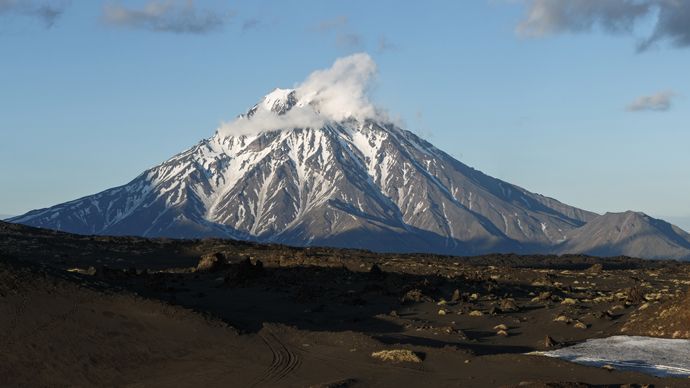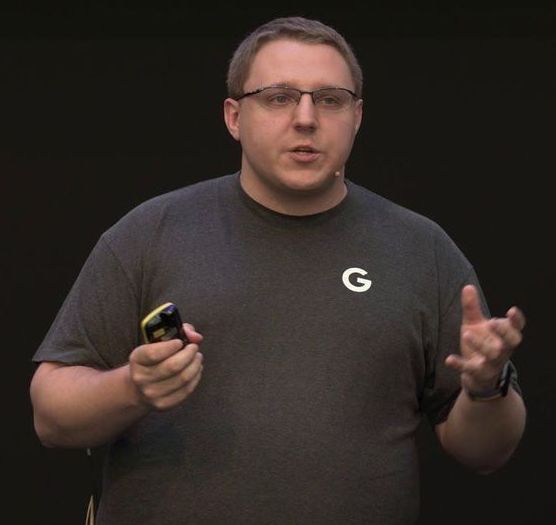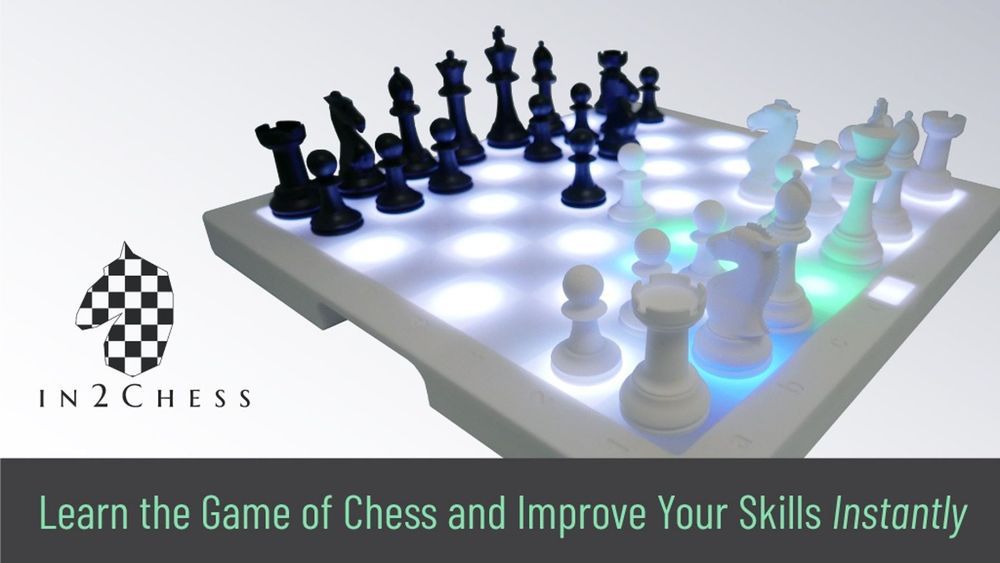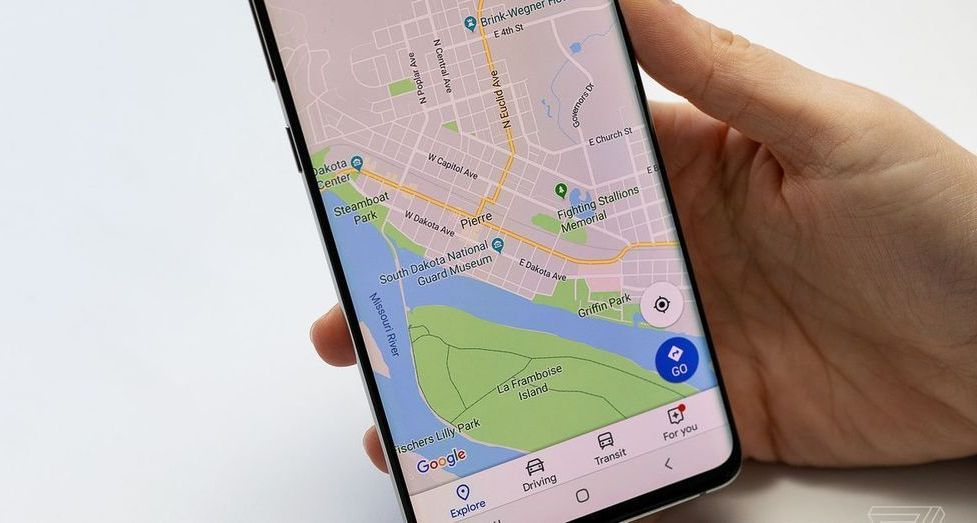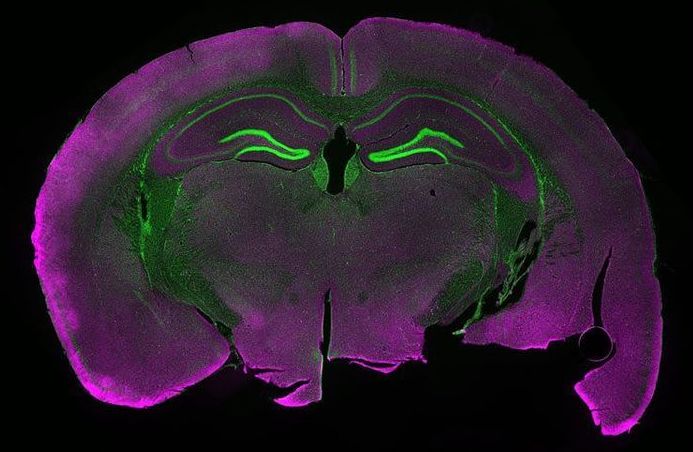A volcano in the far eastern end of Russia that was previously considered to be extinct has awakened, and scientists are now warning of a possible catastrophic eruption.
The Bolshaya Udina volcano — part of the Kamchatka Peninsula’s Udina volcanic complex — was believed to be extinct until 2017, when scientists detected increasing seismic activity beneath it, CNN reported.
Ivan Koulakov, a geophysicist from Russia’s A.A. Trofimuk Institute of Petroleum Geology and Geophysics who led a study into the volcano, told CNN he believes Bolshaya Udina should now be reclassified as active.
